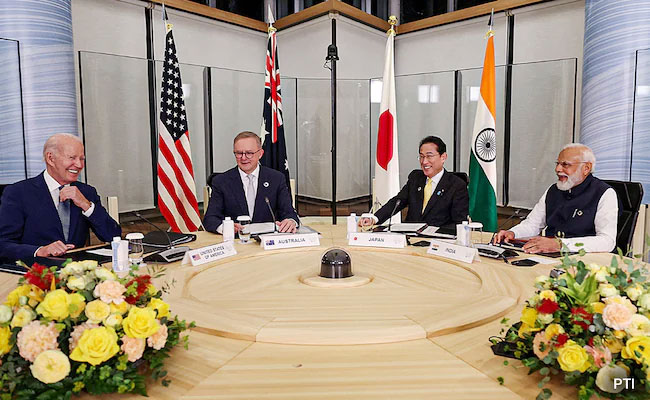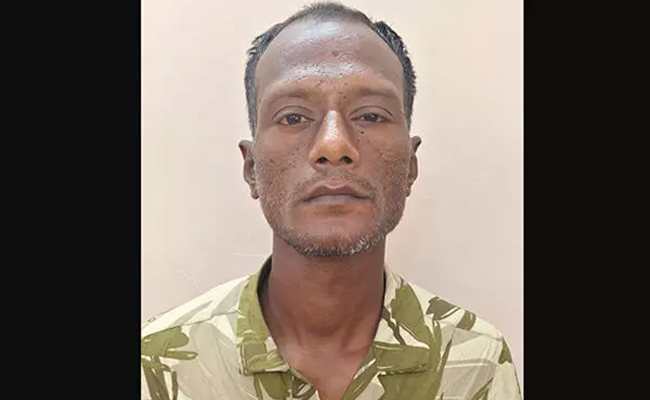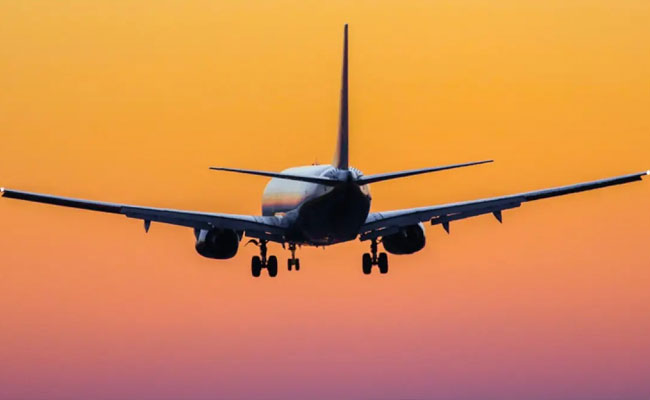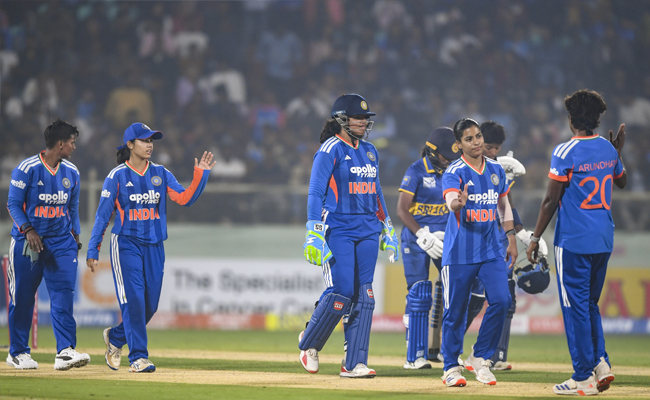Hiroshima (PTI): The current situation in Ukraine is an issue of humanity and of human values and not about politics or economy, Prime Minister Narendra Modi said on Sunday, asserting that dialogue and diplomacy are the only way to resolve the conflict.
In an address at a G7 session in Hiroshima, Modi said all countries must respect the UN Charter, international law and sovereignty and territorial integrity of all nations and called for raising voices together against unilateral attempts to change the status quo.
The prime minister's comments came against the backdrop of the lingering border row with China in eastern Ladakh and Russia's invasion of Ukraine.
Modi also invoked Buddha and said there is no such problem in the modern age, whose solution cannot be found in his teachings.
In his remarks, Modi also referred to his talks on Saturday with Ukrainian President Volodymyr Zelenskyy.
"Today we heard from President Zelensky. I also met him yesterday. I do not consider the current situation as an issue of politics or economy. I believe it is an issue of humanity, an issue of human values," the prime minister said.
"We have said from the beginning, that dialogue and diplomacy is the only way. And to solve this situation, we will try as much as possible, whatever can be done from India," he said.
Modi said India has always been of the opinion that any tension and any dispute should be resolved peacefully through dialogue.
The prime minister said that in the current global situation, the maximum and most profound effects of the food, fuel and fertilizer crisis are being felt by the developing countries.
"Global peace, stability and prosperity is a common objective of all of us. In today's interconnected world, tension in any one region affects all countries. And, developing countries, which have limited resources, are affected the most," he said.
"Due to the current global situation, the maximum and most profound effects of the food, fuel and fertilizer crisis are being suffered by these countries," he added.
Let the Truth be known. If you read VB and like VB, please be a VB Supporter and Help us deliver the Truth to one and all.
Udupi: The Udupi police have arrested another accused in connection with a case involving employees of a Malpe–Cochin Shipyard limited allegedly sharing confidential information related to the Indian Navy with Pakistan in exchange for money.
The arrested accused has been identified as Hirendra Kumar, alias Bharat Kumar Khadayata (34), a resident of Kailas Nagar in Ananda taluk of Gujarat.
With this arrest, the total number of accused arrested in the case has risen to three. Earlier, on November 21, police arrested Rohit and Santri, both hailing from Uttar Pradesh. They are currently in judicial custody.
According to the police, Rohit and Santri were working in a joint venture company operating at the Malpe Shipyard.
A case was registered at the Malpe Police Station after it was found that confidential details, including a list of Indian Navy ship numbers and other sensitive information, were allegedly shared with Pakistan through WhatsApp, leading to illegal monetary gains.
Hirendra Kumar was arrested on December 21 by a team led by Karkala Sub-Division Assistant Superintendent of Police Harsha Priyamvada, the investigating officer in the case. Police stated that the accused had allegedly procured a mobile SIM card in his name for a fee and handed it over to the other accused for use in the illegal activity.
He was produced before the court, and further investigation is underway, police officials said.





